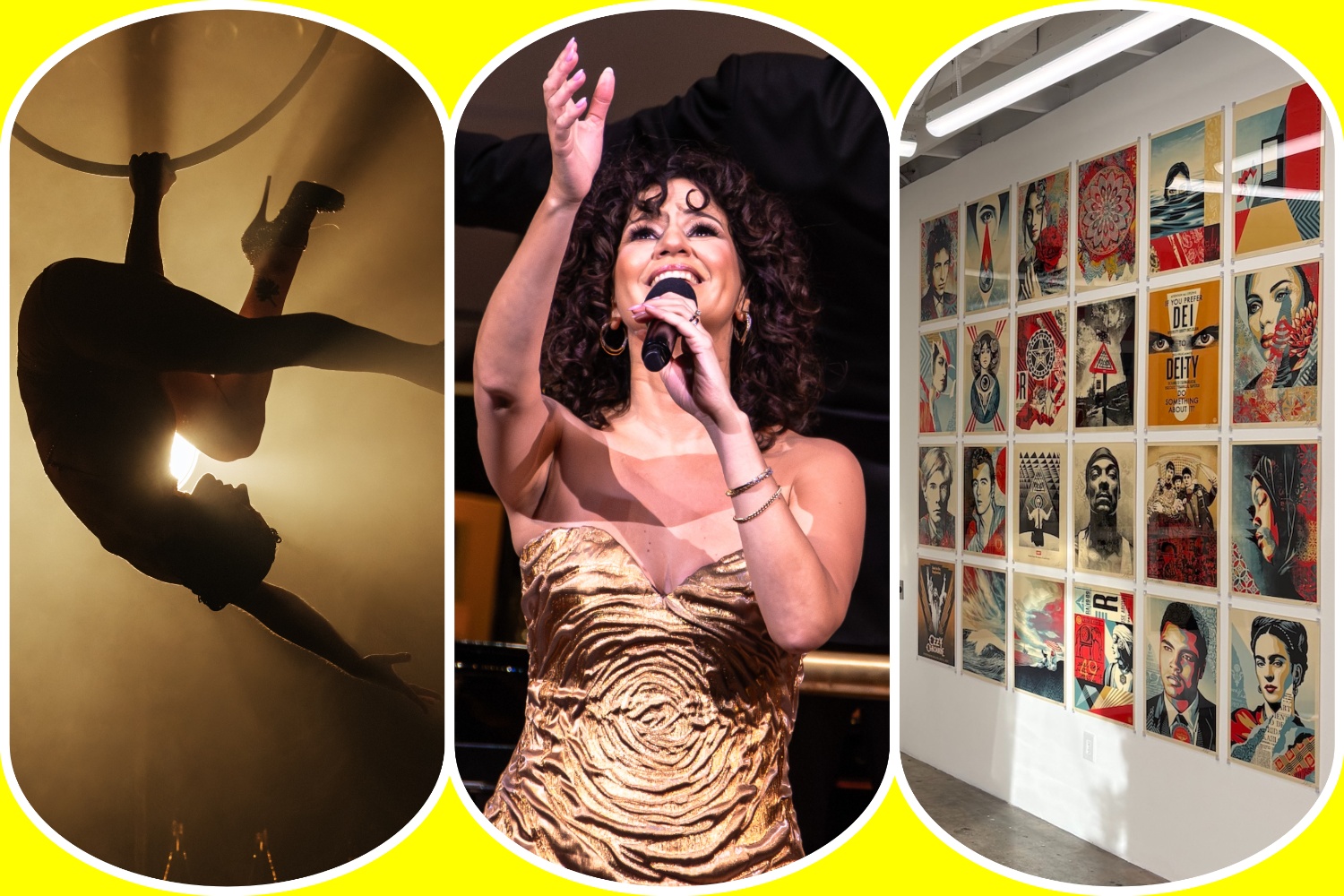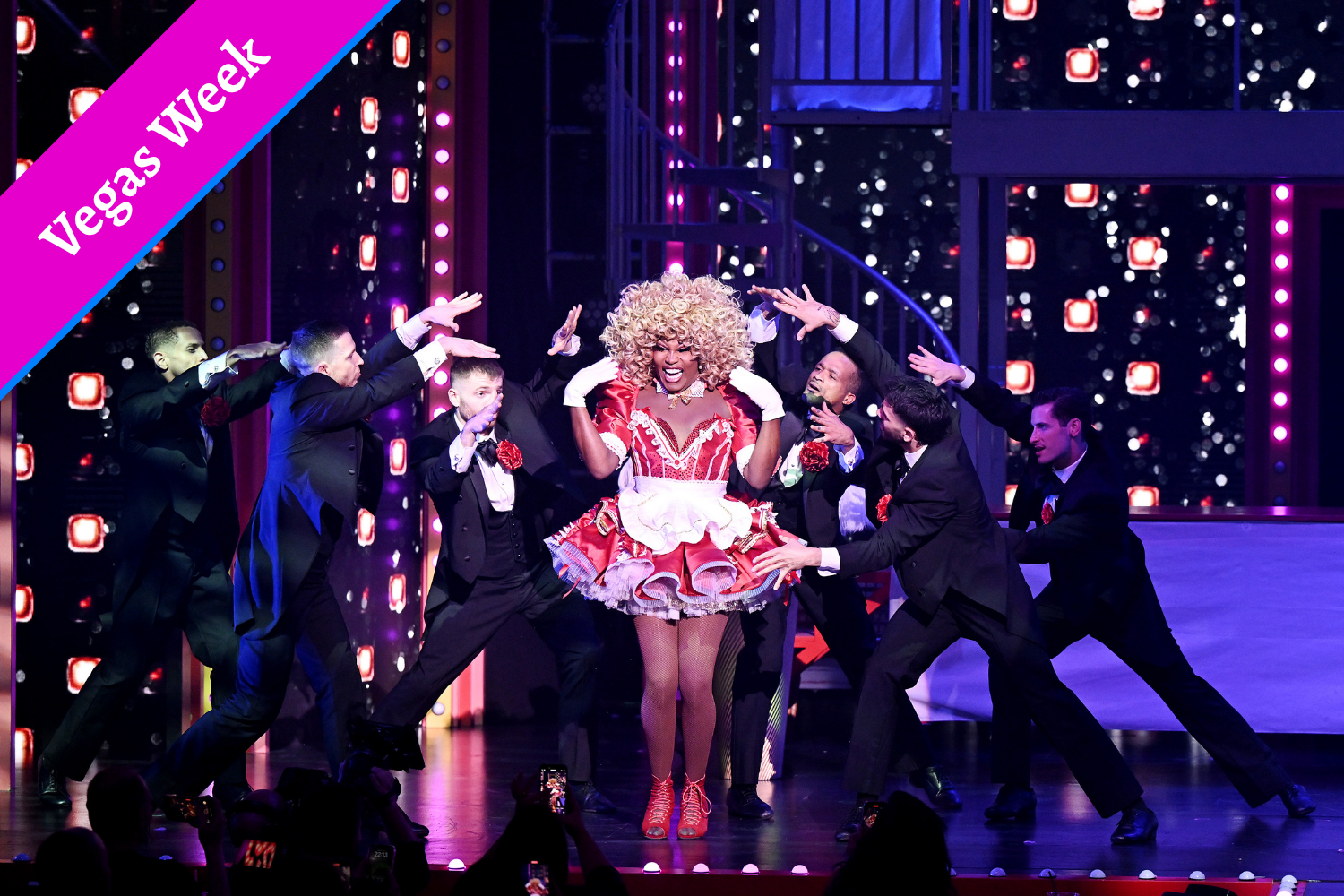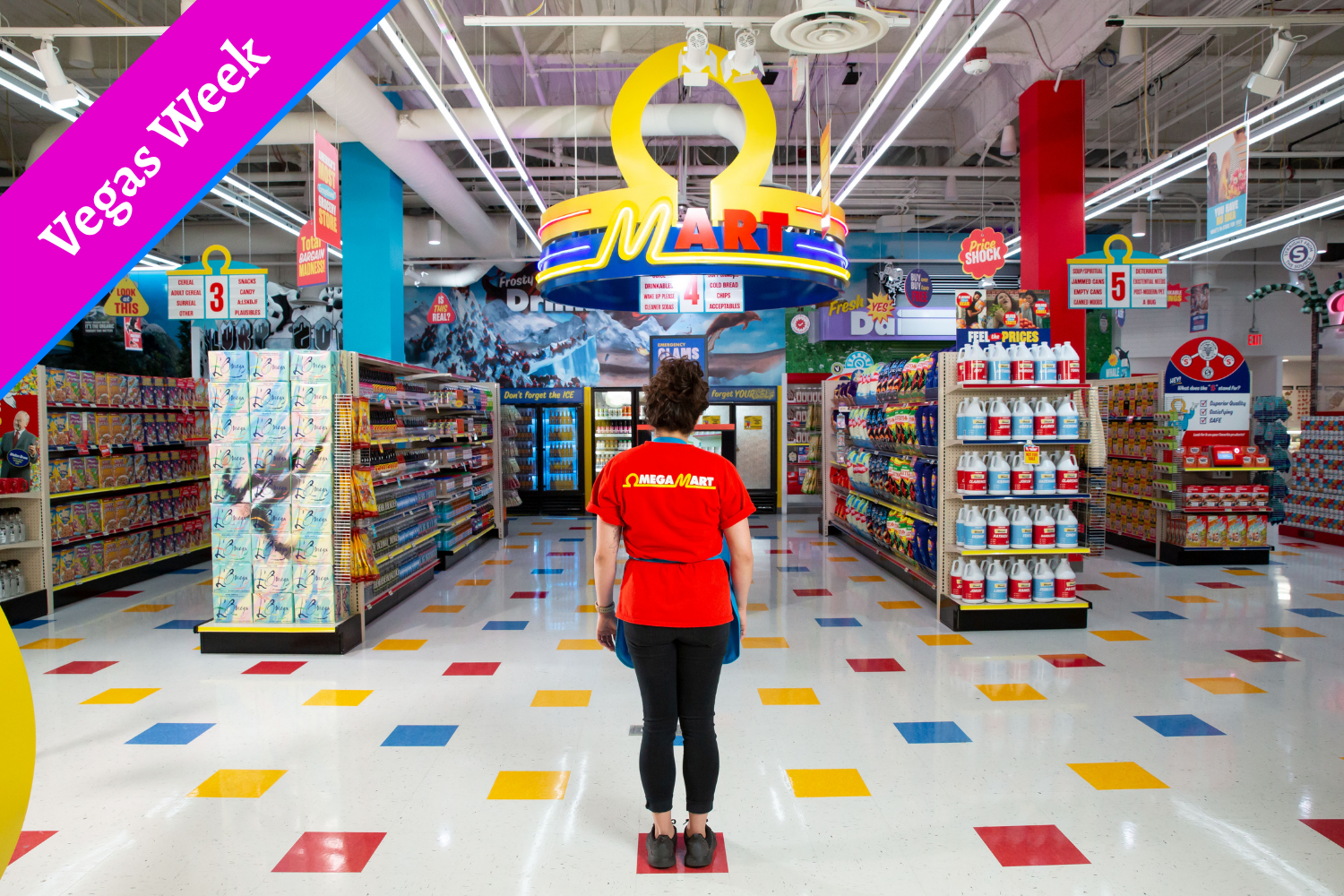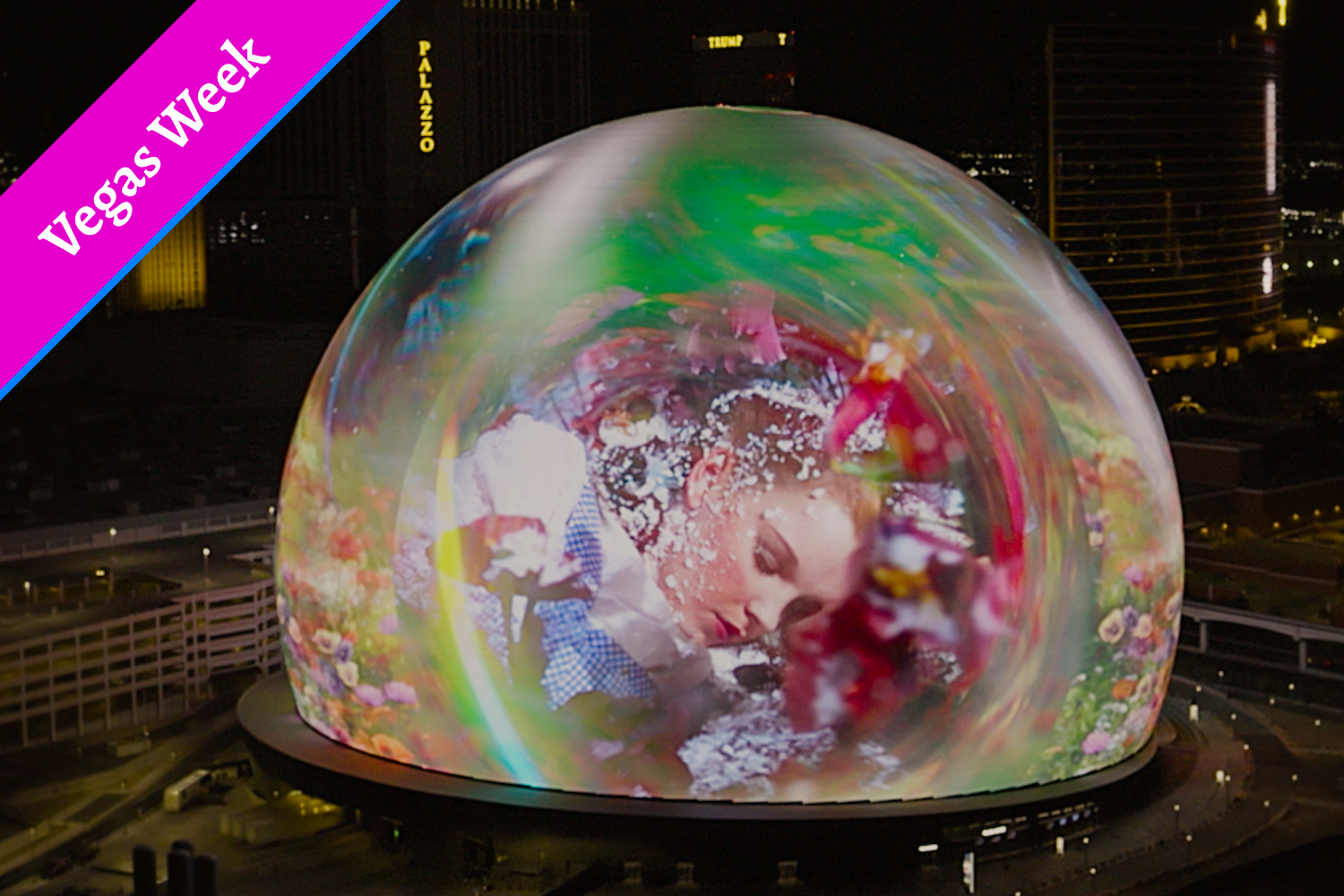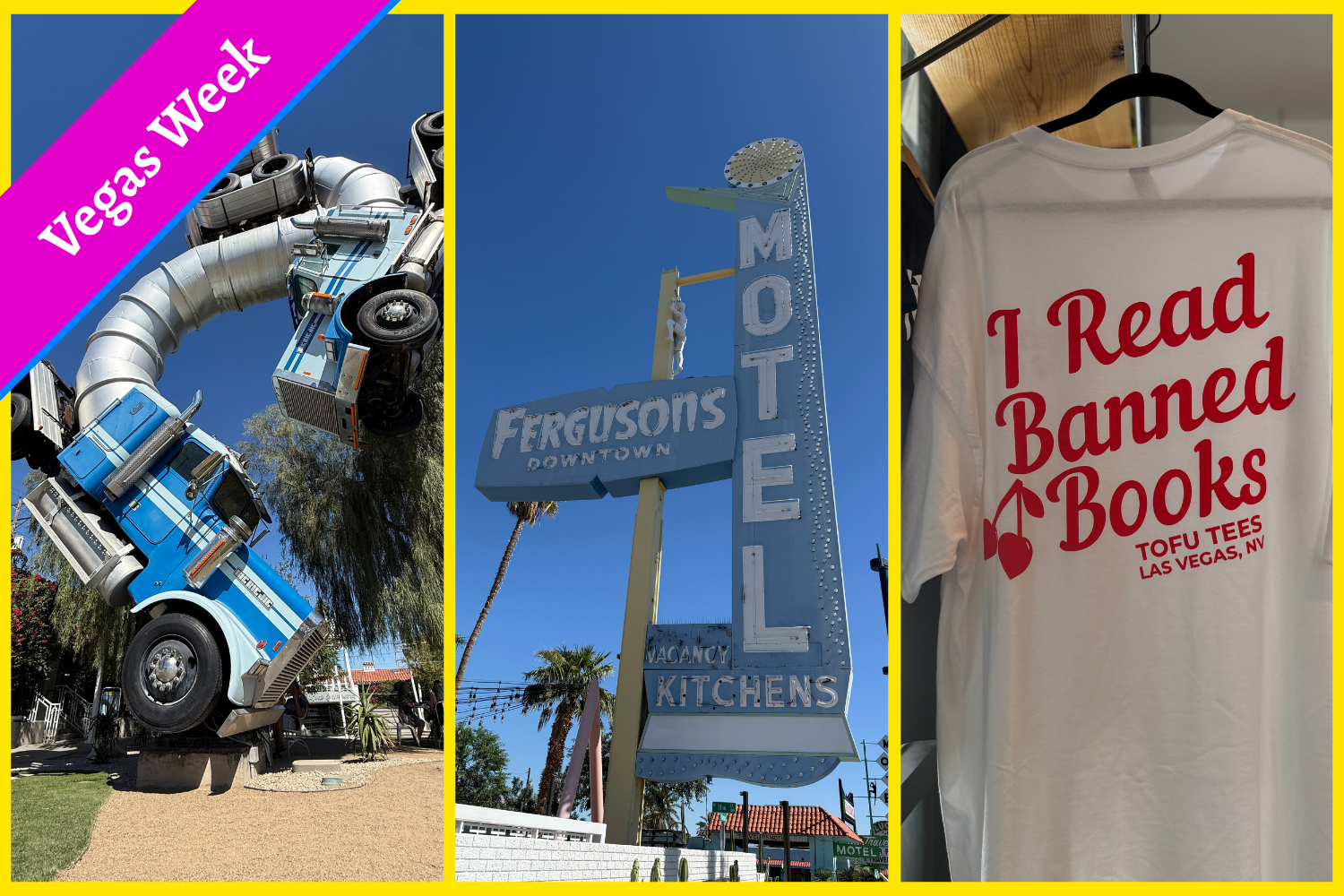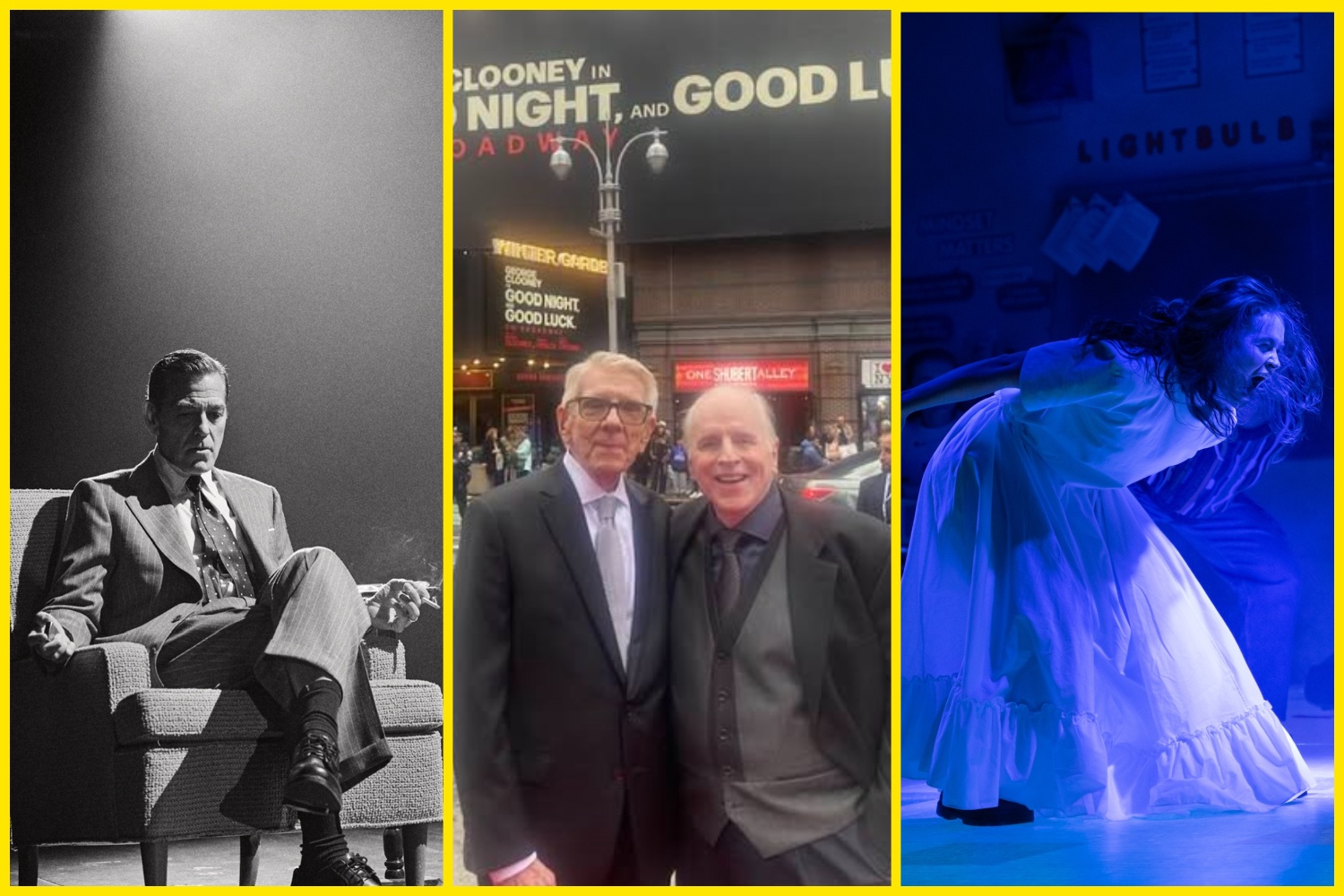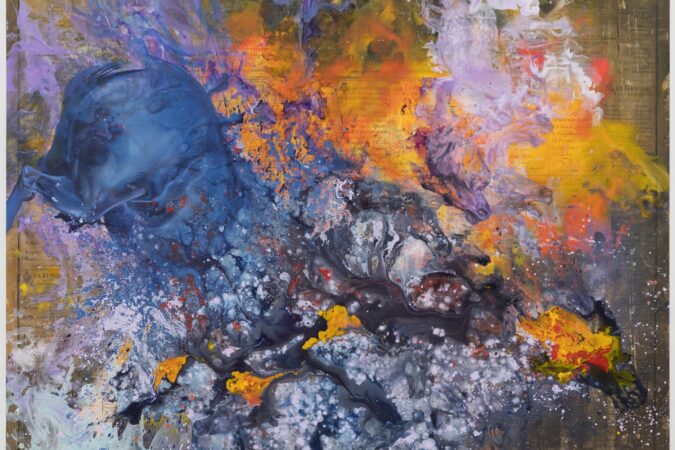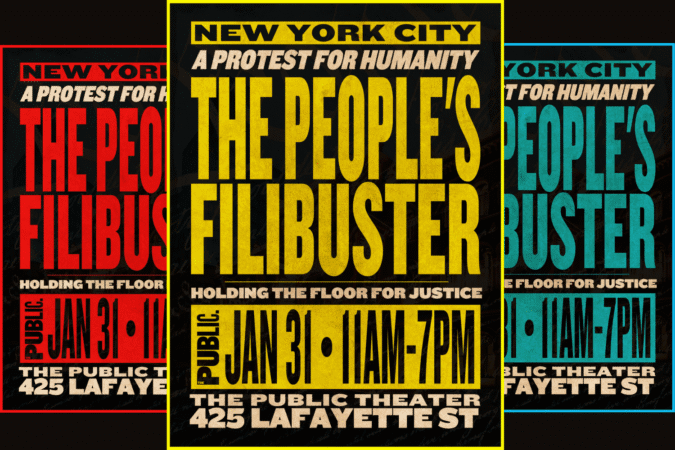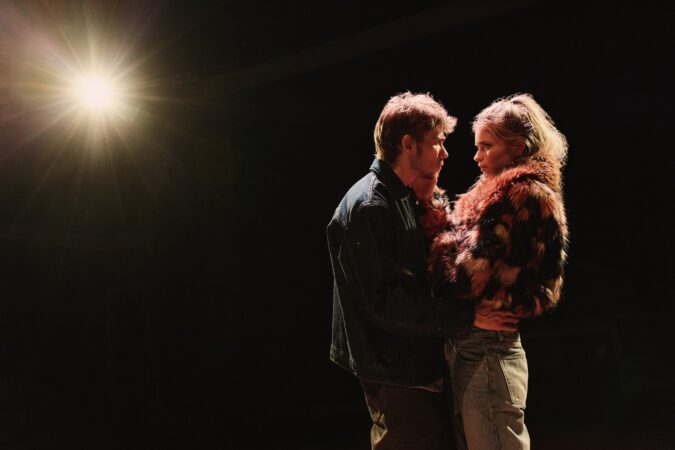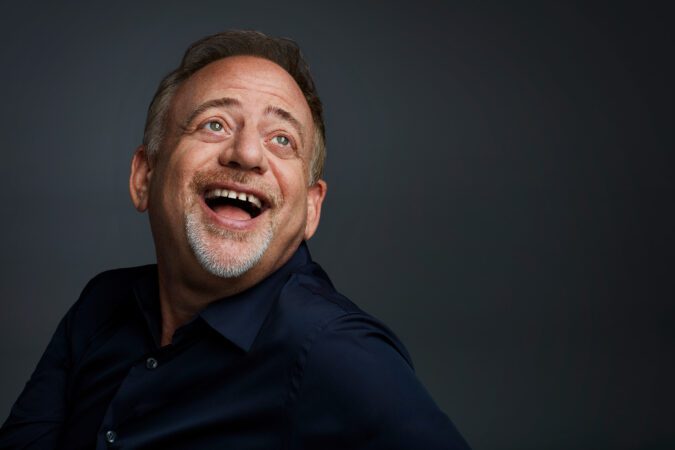By Matthew Wexler
Since 1964, the Eugene O’Neill Theater Center’s National Playwrights Conference has been regarded as one of the most successful new play development programs in the country. Held each summer on the bucolic seaside campus in Waterford, Connecticut, the O’Neill has attracted a who’s who of theatermakers hoping to leverage the creative incubator to finesse their plays and musicals toward production.
This year, over 1,650 playwrights—the highest number in decades—submitted work for the coveted few spots. With more proposed cuts to the National Endowment for the Arts, the conference represents a critical part of the creative ecosystem and a stark contrast to the proliferation of adaptations that make their way to Broadway.
The National Playwrights Conference: A slow and steady track record for success
Longtime patrons know when they’re seeing a reading at the O’Neill, it’s in the larval stage, but that’s part of the charm. (It also runs in tandem with the National Critics Institute, a preeminent training program for cultural criticism.) The program’s track record requires reinforcements for the awards shelf. Past participating playwrights include Lynn Nottage, Martyna Majok, Jeremy O. Harris, Michael R. Jackson, and Lin-Manuel Miranda, who developed In the Heights 20 years ago, long before Hamilton was even an idea.
For over 60 years, the National Playwrights Conference has remained radically accessible: no agent required, just good writing. Artistic director Melia Bensussen calls these submissions “a powerful reminder of the hunger for storytelling,” and she’s right. In an era of algorithm-driven content, 1,650 writers still believe in the electric potential of live theater.

It wants better content.
